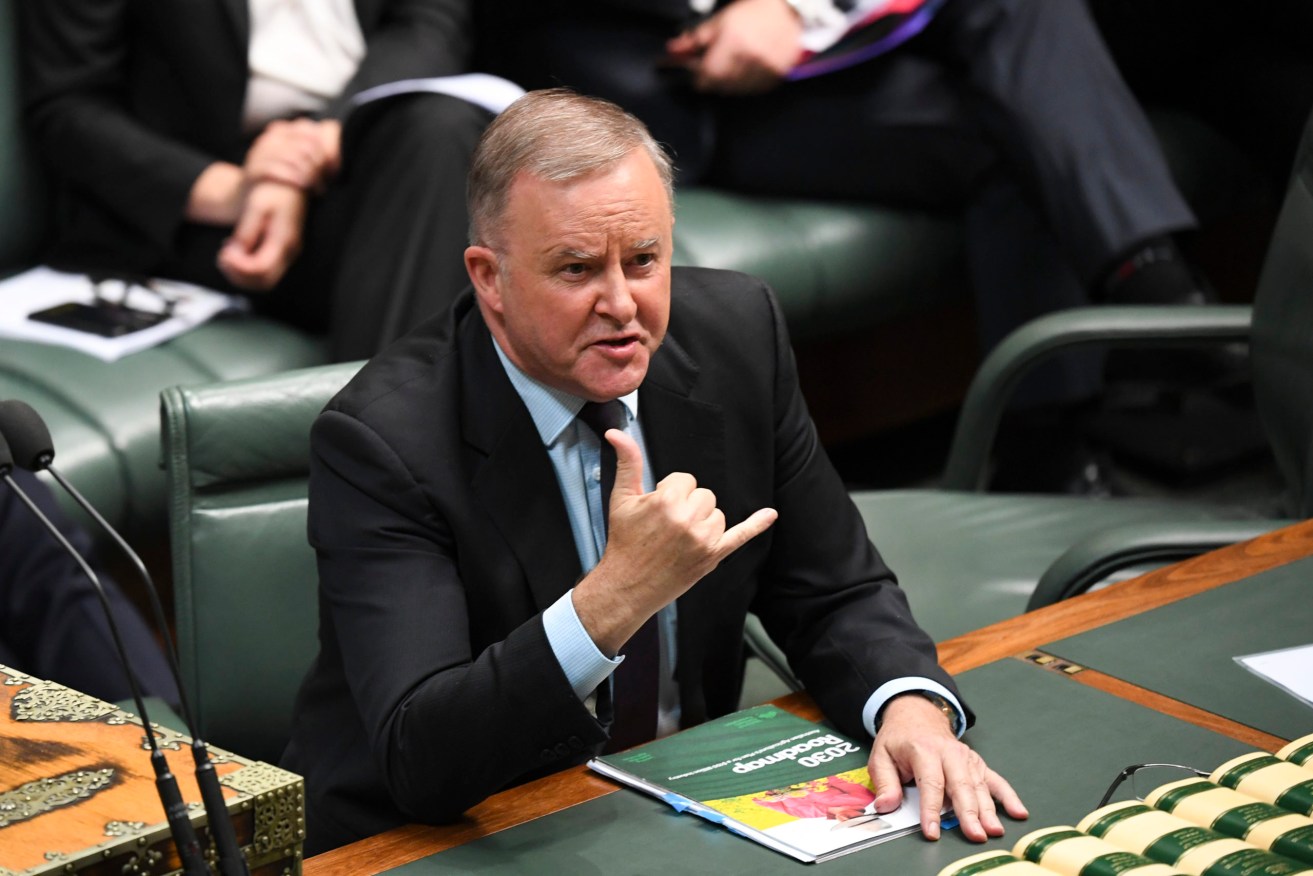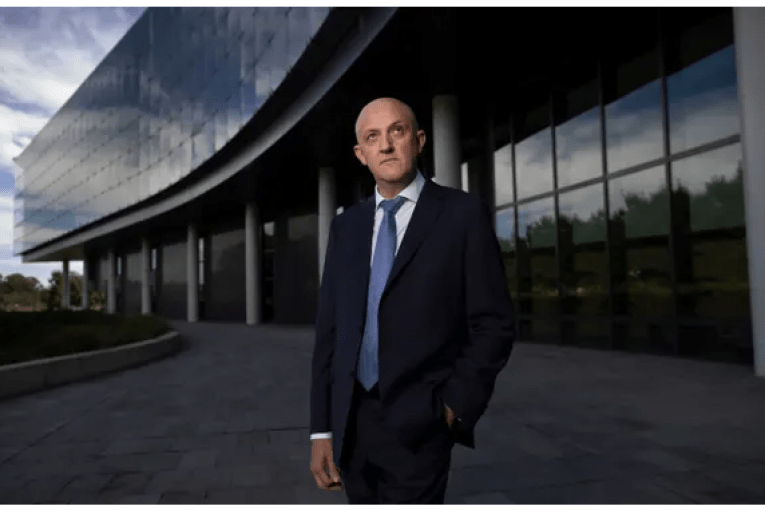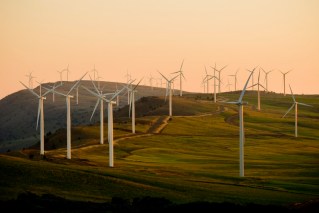Carbon copy: Has Albo placed a target on himself?
Labor’s ambitious 2050 Net Zero Emissions target is a brave call – and one that might just result in history repeating.


Anthony Albanese says he's ready if the PM calls a snap poll. (Photo: AAP Image/Lukas Coch)
Wednesday, January 29 was one of those days in Melbourne when the weather begins to take a turn, edging up from mild temperatures following some wild rain a week before.
In the days following, those temperatures spiked at 42 degrees, the high for the month, reflecting what had been a summer of extremes around the nation – heat, humidity, persistent drought, savage bushfires in places that had never before burnt, unexpected rain and flash flooding as well as hail storms in Canberra and Sydney.
Everyone remembered something shocking from January, 2020 and the month leading up to it.
Australia made news around the world. The US space agency NASA published photos of smoke swirling along the nation’s east coast.
As ageing US rock star Alice Cooper said on his way to a benefit concert for the people communities hit by the fires, “I’ve never seen a country burn before”.
Against this background the Labor Party’s full shadow ministry met in Treasury Place in Melbourne, with climate change at the top of its agenda.
Environment and climate spokesman Mark Butler offered a submission that would commit Labor to a Net Zero Emissions by 2050 target – in isolation a fairly uncontroversial move that backs a global consensus certain to be endorsed at the next United Nations climate conference in Glasgow in November.
Britain’s Conservative Prime Minister Boris Johnson is an enthusiastic proponent and 72 other nations have signed up. Some of the world’s biggest companies are on board as are central banks and, tellingly, all of the global insurance giants.
For Labor in Australia though this presented a risk – and it still does. Only eight months earlier Labor was punished in an election everyone thought Scott Morrison and the Coalition would lose.
It’s true the election was not a referendum on climate – the Liberal Party campaign director Andrew Hurst made that clear in a post-poll address to Morrison’s Cabinet in June.
As with all national political contests it was more complex than that with issues of economic risk and the antipathy towards Labor’s Bill Shorten just as important.
However, the election did expose a harsh reality for Labor and that’s the lock the Coalition holds on the carbon-producing parts of Australia, an electoral advantage no opposition party can ignore because to do so is to accept defeat.
In 2019, as the author George Megalogenis has explained, Labor had a commanding majority in those parts of the country that predominantly just consume carbon – New South Wales, Victoria, Tasmania and South Australia. In these states, the ALP won 57 seats while the Coalition managed only 43 with five on the cross bench – these parts of the country represent two-thirds of the Parliament.
But, as Megalogenis reminds us, that counted for little when the carbon-producing parts of the country – Queensland and Western Australia – are added to the mix.
Labor and the Coalition dead-heated in the metropolitan areas of Brisbane and Perth but in regional Queensland the LNP won 18 of the 20 seats on offer, while in the West they swept the board taking all five non-metro seats.
This is why Queensland (and WA) speaks a different language and the kind of sentiment shift sensed in Sydney and Melbourne, which drove the high-risk Net Zero by 2050 announcement, has not yet formed north of the Tweed River.
Newspoll this week pointed to some significant shifts in attitudes on climate policy but there was one result which should give Labor pause for concern – a strong majority of people aged 35 to 64 laid the blame for the severity of the bushfires at the feet of authorities not doing enough about hazard reduction and were most reluctant to pay anything towards the cost of climate change mitigation.
This is the same cohort that a post-election analysis by Labor identified as the most susceptible to the Coalition’s anti-climate policy attacks on Bill Shorten.
These harsh realities underscore why Anthony Albanese’s Zero Net Emissions announcement is a risk but one senior Labor figures say was unavoidable.
First, Albanese had to stake out a position and the world – including Australia – will have to take or leave the target come November in Glasgow. This was evident in comments from Finance Minister Mathias Cormann on the weekend.
For the Morrison Government not to sign up to any Glasgow agreement – and any targets that involves – would be to expose a deep divide within Liberal and Coalition ranks. The savage impact of climate on a perilously exposed nation like Australia is not over – the summer of fires and drought is just a taste of more to come.
Second, the debate on climate is best had early while there is a shift in sentiment – however early we might be in that conversation. Senior Labor figures say there won’t be further iterations of the party’s policy, instead using the announcement of the target as being part of a global aspiration and movement.
Albanese has been direct and forceful in answers to difficult questions since making the announcement – he said coal would continue to be mined in 2050 and beyond and no, he did not believe Labor would be at electoral risk in Queensland because of the 2050 target.
It’s a big call and one made earlier than many in Labor ranks wanted. Some see it as Albanese’s first big blunder that he may come to regret sooner rather than later. However, there’s no turning back and Australia is now in the next round of what has been a climate policy war stretching back to 2006.












